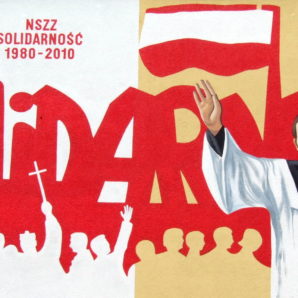From Power to the Spaces of the Ethical
Series: Slavica Jakelić 2016
Religious and secular identities and reasons constitute much of the ethical motivations for activists’ political practices. These categories are often sources of deep difference but they also point toward the transformation that only differences can bring—the transformation that can sustain, rather than eliminate, deep religious-secular pluralism. Focusing solely on the dynamics of power obscures our capacity to describe and theorize this normative work. Read the full article »
Read More →
Religious and secular identities and reasons constitute much of the ethical motivations for activists’ political practices. These categories are often sources of deep difference but they also point toward the transformation that only differences can bring—the transformation that can sustain, rather than eliminate, deep religious-secular pluralism. Focusing solely on the dynamics of power obscures our capacity to describe and theorize this normative work. Read the full article »
Read More →
